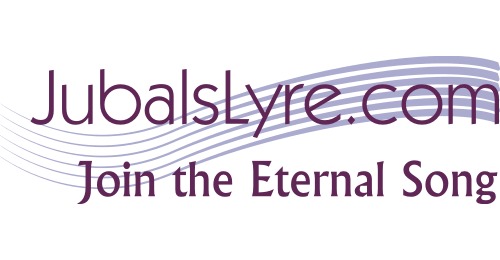Earlier this month we were able to personally thank over 60 of the musicians, volunteers, and supporters of the Peoria Bach Festival at our annual Peoria Bach Festival Appreciation Party. This blog is dedicated to them and all those who make the Peoria Bach Festival possible.
As you may know, Johann Sebastian Bach (1685-1750) concluded all of his sacred compositions and many of his secular works with the phrase “Soli Deo Gloria” or its abbreviation “SDG” (see image below). What exactly are the origins and implications of this inscription?
The use of this phrase was not unique to Bach and can be found in the works of other composers of his time including Georg Frideric Handel (1685-1759). Often translated “to God alone be the glory,” “Soli Deo Gloria” is still used as a motto and even a name for some schools and organizations.
It is important to note that this motto is not an isolated phrase, but rather the final statement of a deeper expression of faith, one with which Bach would have been intimately familiar.
At the time of the Reformation, the Protestant Reformers ingeniously summarized their doctrine with three short phrases that came to be known as “The Three Solas”: Sola Scriptura (by Scripture alone), Sola Gratia (by Grace alone), and Sola Fide (by Faith alone). To these slogans, some theologians added the phrase “Solus Christus” since Scripture indicates that faith is given by and built on “Christ Alone” through His redemptive work. A fifth phrase, “Soli Deo Gloria” was also used to remind believers that all we have and are, including our faith and salvation, are gifts of God. By inscribing works of art with this phrase, artists and artisans acknowledged that their talents were not their own but rather gifts of their Creator, that they were using these gifts for His purposes and His glory, and that they were returning them to Him in thanksgiving and praise.
These five statements ultimately came to be known as the “The Five Solas of the Reformation“:
- Sola Scriptura (by Scripture alone)
- Sola Gratia (by Grace alone)
- Sola Fide (by Faith alone)
- Solus Christus (through Christ alone)
- Soli Deo Gloria (to God alone be the glory)
They are still used to summarize the foundation of the Scriptural teachings of the Reformation (see for example the 1996 document The Cambridge Declaration of the Alliance of Confessing Evangelicals).
One of the great things we can learn from Bach’s “Soli Deo Gloria” inscriptions is that he devoted his entire life and work to his Creator and Redeemer. As a layman and a devoted Lutheran, he understood the Doctrine of Vocation and was a living example of it to everyone then and now.
Soli Deo Gloria!



